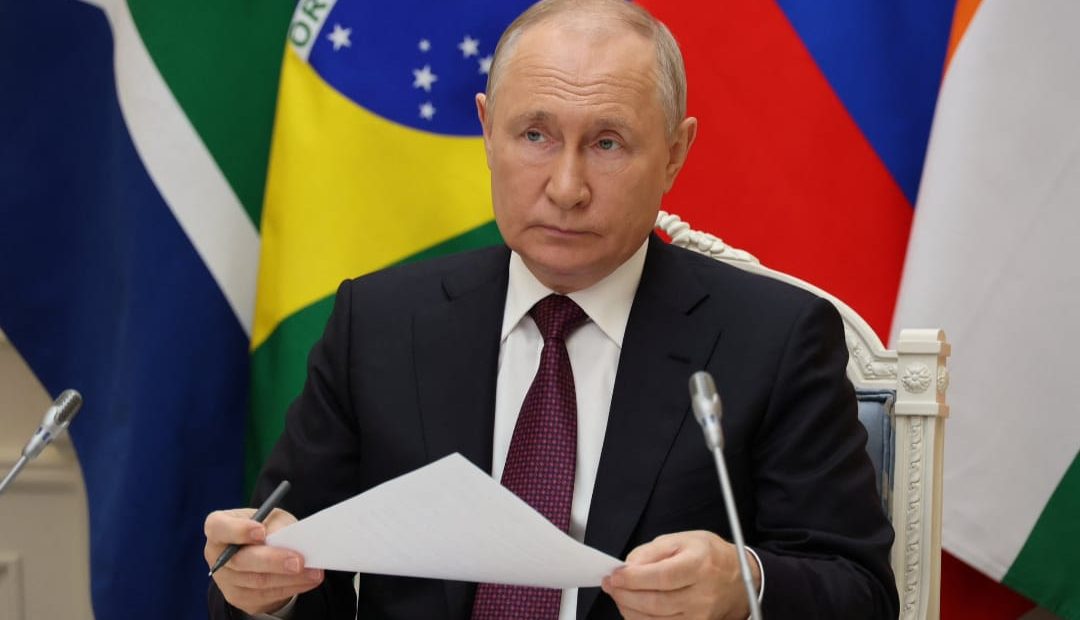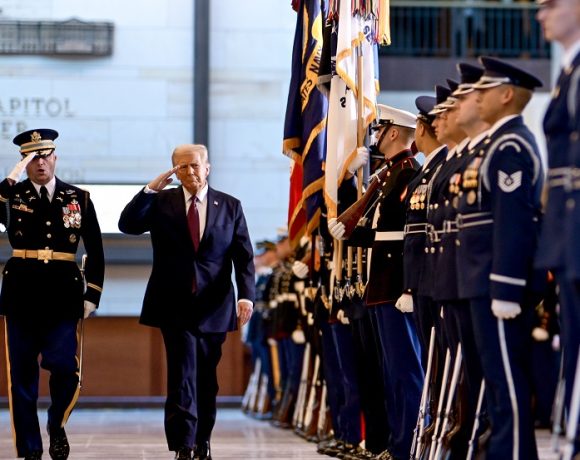
China Endorses Russia’s Recognition of Taliban, Keeps Formal Nod Pending
China has cautiously welcomed Russia’s decision to formally recognize the Taliban government in Afghanistan, calling it a step toward regional engagement while reiterating its own measured stance. Though Beijing has not yet granted full recognition, officials indicated that it continues to maintain robust diplomatic communication with the Taliban and could consider formal ties if key expectations are met.
China Acknowledges Russia’s Recognition
Responding to Moscow’s move, Chinese foreign ministry officials stated that Afghanistan, under the Taliban, should not be isolated from the global community. The Chinese government reaffirmed that it has always supported Afghanistan’s inclusion in regional diplomacy, citing longstanding cultural and geographical ties between the two nations.
Beijing praised Russia’s “independent decision” and asserted that the international community should engage constructively with Kabul to ensure peace, development, and integration.
Diplomatic Engagement Already in Place
Although China has not officially recognized the Taliban regime, it became the first non-Muslim-majority country to accept a Taliban-appointed ambassador earlier this year. This signaled an unprecedented level of diplomatic interaction between Beijing and Kabul, even in the absence of formal recognition.
Officials emphasized that China’s diplomatic ties with Afghanistan have not been interrupted since the Taliban’s return to power in 2021. This pragmatic relationship includes ongoing discussions on infrastructure, investment, and regional security.
Preconditions for Formal Recognition
Beijing has outlined clear expectations that the Taliban must fulfill before formal diplomatic recognition can be granted. These include:
- Inclusive governance and political reform
- Ensuring internal security and combating terrorism
- Respecting regional stability and maintaining peaceful ties with neighbours
- Fulfilling counterterrorism commitments, particularly against Uyghur-linked groups like the East Turkestan Islamic Movement
China is also seeking assurances for the safety of its citizens and investments, especially in resource-rich sectors such as mining and energy.
Strategic Calculus in Regional Realignment
Russia’s decision to formally recognize the Taliban follows its earlier step of removing the group from its list of banned terrorist organizations. This has opened the door for full-fledged bilateral cooperation in sectors like trade, counterterrorism, infrastructure development, and energy logistics.
China, observing closely, appears to be aligning its strategy with the evolving regional balance while maintaining strategic patience. Its cautious approach allows it to leverage influence in Afghanistan without the political liabilities that full recognition may currently entail.
As the situation in Afghanistan continues to evolve, China’s calibrated stance reflects a broader goal: to ensure long-term regional stability, secure its economic interests, and contain extremist spillovers without prematurely endorsing a government that is still under global scrutiny.

















